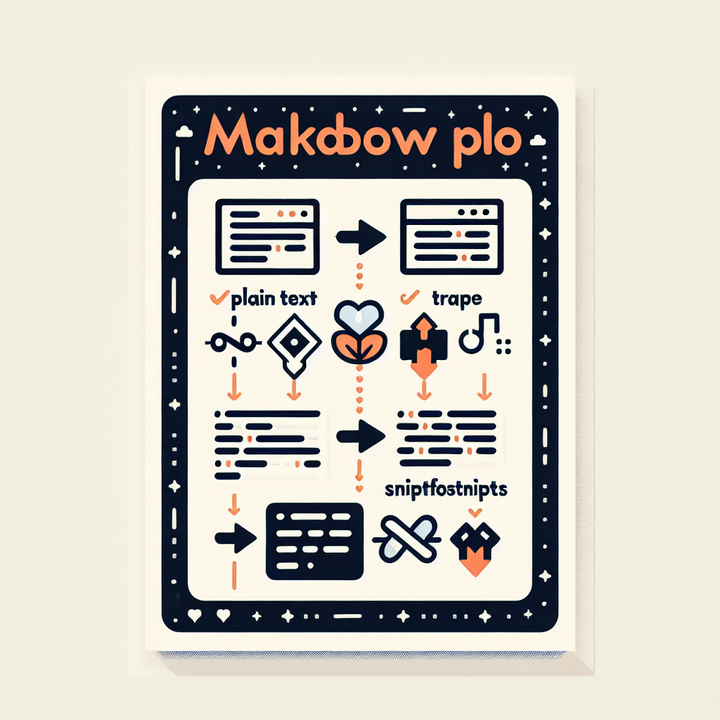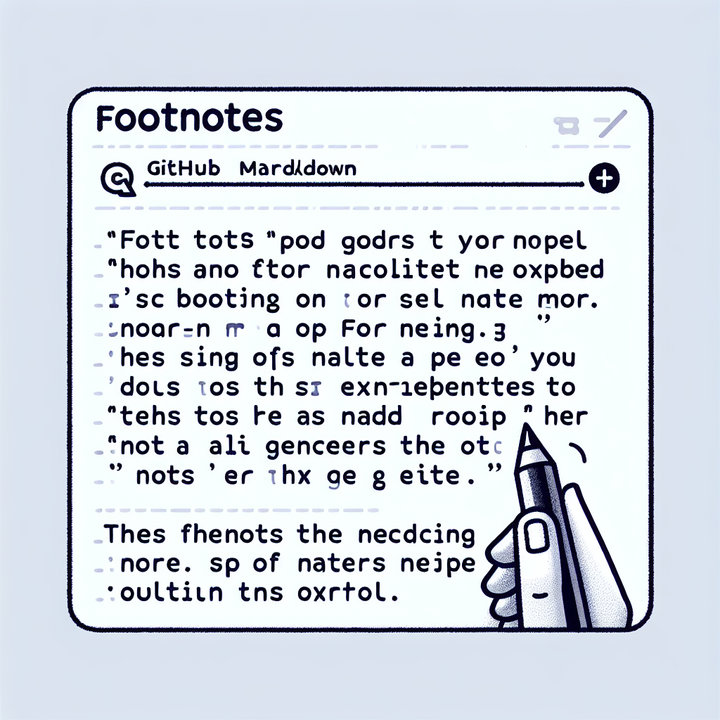Using Markdown Variables
This article introduces methods for using variables in Markdown, covering techniques for variable replacement through template engines (e.g., Jekyll and Hugo), Pandoc, and custom scripts to improve document consistency and maintenance efficiency.

"Don't waste another minute formatting Markdown by hand. Try our free tools now and see the difference!"
Introduction
Markdown is a simple and powerful markup language widely used for writing documents, blog posts, and technical documentation. However, the standard Markdown syntax does not support variables, meaning you cannot reuse the same content in different places. Using variables to manage repetitive content in long documents or multi-document projects can be extremely valuable. This article will explain how to implement variable functionality in Markdown through various tools and techniques.
What Are Markdown Variables?
Markdown variables refer to placeholders in a Markdown document that are replaced with specific values through particular methods. This approach can significantly improve document maintenance efficiency, especially when certain content needs to appear in multiple locations.
Implementation Methods
Using Template Engines
Some template engines, like Jekyll (used for GitHub Pages) and Hugo, support using variables in Markdown. Here is an example using Jekyll:
-
Define variables in the
_config.ymlfile of a Jekyll project:title: "My Awesome Site" description: "This is a description of my awesome site" -
Use these variables in your Markdown files:
# {{ site.title }} {{ site.description }}Jekyll will replace these placeholders with actual values during the static site generation process.
Using Pandoc
Pandoc is a powerful document conversion tool that supports using variables in Markdown. You can define variables in a separate YAML file and specify these variables in the Pandoc command:
-
Create a
variables.yamlfile to define variables:title: "My Pandoc Document" author: "John Doe" -
Use these variables in your Markdown file:
% title % author # Introduction This is an example of using variables in a Pandoc markdown document. -
Apply the variables from the YAML file to the Markdown file using the Pandoc command:
pandoc -d variables.yaml -o output.html input.md
Using Custom Scripts
If you do not use a template engine or Pandoc, you can implement variable replacement with custom scripts. Here is a simple Python example:
-
Create a
variables.jsonfile to define variables:{ "title": "My Custom Script Document", "author": "Jane Doe" } -
Write a Python script to read this JSON file and replace variables in the Markdown file:
import json # Read the JSON file with open('variables.json') as f: variables = json.load(f) # Read the Markdown file with open('input.md') as f: content = f.read() # Replace variables for key, value in variables.items(): content = content.replace(f'{{{{ {key} }}}}', value) # Write the replaced content to a new file with open('output.md', 'w') as f: f.write(content) -
Use variable placeholders in your Markdown file:
# {{ title }} Author: {{ author }} This is an example of using variables in a custom script. -
Run the Python script:
python replace_variables.py
Conclusion
Although standard Markdown syntax does not support variables, you can effectively implement variable replacement in Markdown documents using template engines, Pandoc, or custom scripts. This can not only improve document consistency but also significantly reduce maintenance workload.



Comments ()